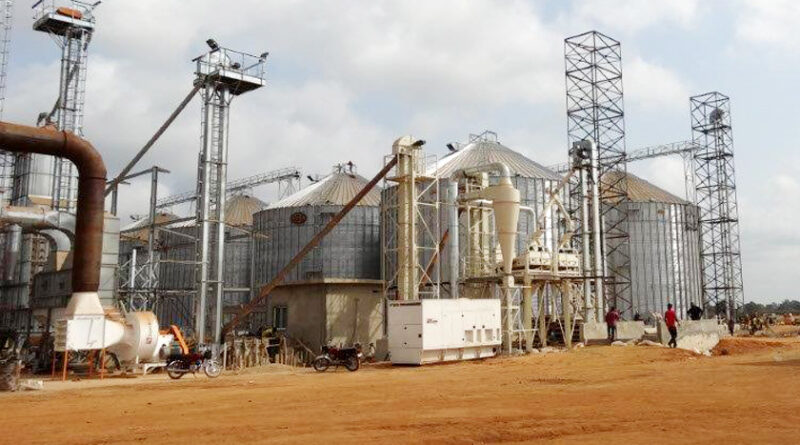Punjab: 3 FCI officials, mill owner get 3-year RI for supplying substandard rice
By Nikhil Sharma
A special CBI court in Mohali on Wednesday sent three Food Corporation of India (FCI) officials from Bathinda and a mill owner to three years’ rigorous imprisonment and ₹1 lakh fine each for accepting and supplying poor quality rice.
Last week, special CBI judge Rakesh Gupta had convicted Sita Ram, a former assistant manager of quality control, Ashok Kumar Gupta, a former deputy manager of quality control, Subhranshu, a district manager of FCI, and Dalip Singh, the proprietor of M/s Hemkunt Rice Mills, of criminal conspiracy and cheating.
The court sentenced the four under Sections 420, 120-B of the Indian Penal Code (IPC) and under Sections 13(2), 13(1) D of the Prevention of Corruption (PC) Act.
The CBI had filed a chargesheet on November 28, 2008, in the court against the FCI officials and the rice-mill owner after 11 samples did not meet the prescribed specifications during surprise checks conducted by the Central Bureau of Investigation (CBI) and the vigilance branch of the FCI.
The CBI raided the Punjab State Warehousing Corporation godown at Goniana on October 1, 2005, and collected the samples.
The report of Central Grain Analysis Laboratory, New Delhi, established that nine of the 11 samples taken from Goniana were substandard and not fit for human consumption.
The stocks of rice that failed the quality test were supplied by M/s Hemkunt Rice Mills. The investigating agency registered a case in 2006.
In 2008, the CBI filed a chargesheet against V Dyal, Vishan Chand, Sita Ram, A Algarsamy, Ashok Kumar Gupta, Shubhranshu, K Shiva Prasad, the then senior regional manager of FCI, Punjab, and M/s Hemkunt Rice Mills under the IPC, PC Act and Prevention of Food Adulteration Act.
The Punjab and Haryana high court quashed the proceedings against Prasad in 2014. Accused Dyal, Chand and Algarsamy died during the trial.
After CBI public prosecutor Anmol Narang contended that the accused had committed a social-economic offence by compromising with the quality of the rice that could have affected the health of the consumers, for their personal benefits; the court convicted the accused.
This article has been republished from The Hindustan Times.

